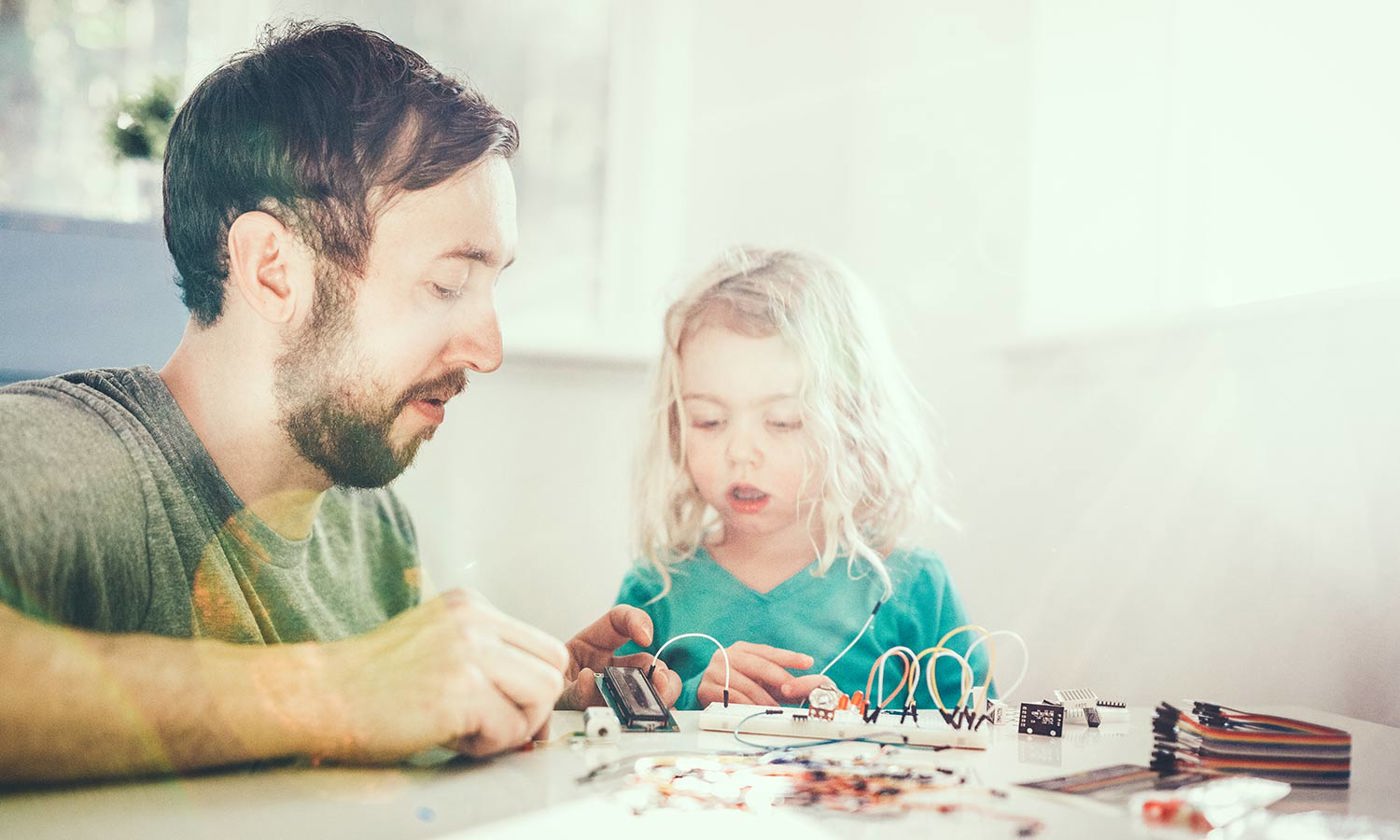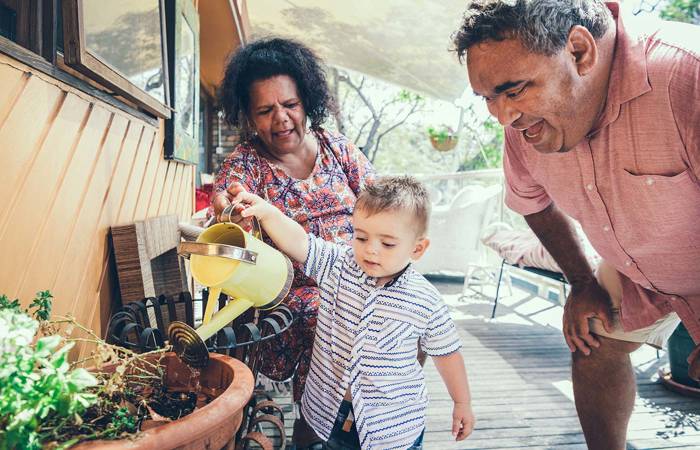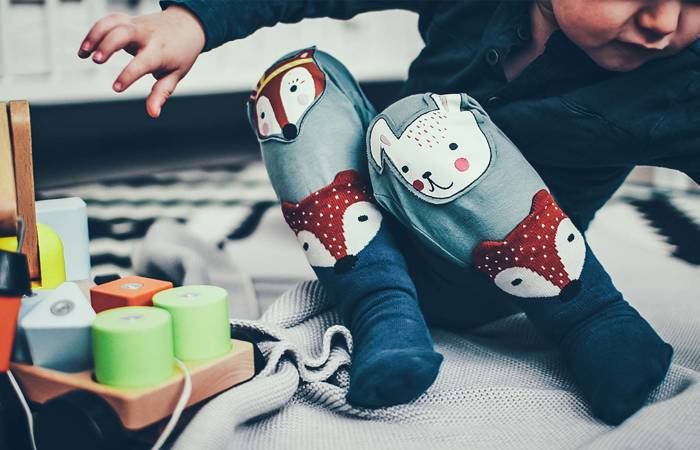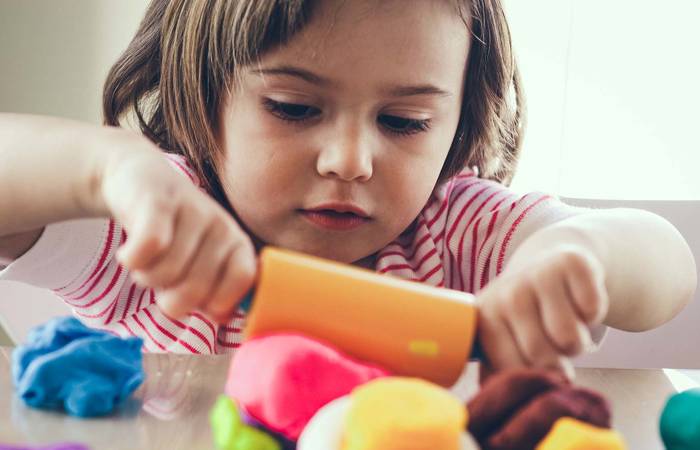Like what you see?
Sign up to receive more free parenting advice.
Thank you for subscribing to our newsletter!
Child Development

Credit: iStock.com/RyanJLane
Do curiosity, creativity and compassion have anything in common?
Apart from the fact that they all begin with the letter ‘c’, these words refer to important aspects of children’s learning and development.
They all represent important dimensions of us as human beings. They are fundamental to young children’s learning.
In educational research, these human characteristics are referred to as dispositions. A renowned early childhood educator, Lillian Katz refers to a disposition as a relatively enduring ‘habit of mind’. She also said that these ‘habits’ were the important outcomes of early education. Let’s explore what she meant.
Firstly, the word ‘habit’ is significant. A disposition is enduring, lasting over time and can be seen in many different situations and contexts. It is not a ‘one-off’ thing.
Secondly, although curiosity, creativity and compassion are examples of dispositions, there are many more. For example, flexibility and persistence are also dispositions that are very important for learning.
One of the most important ideas for us as parents, grandparents and carers to grasp is that dispositions can be learned. It is not simply a matter that children are born ‘curious’ or ‘creative’. They learn these ways of being.
How does a child develop creativity or compassion?
From the very first moments of life, a baby is learning, mainly from you.
Babies are learning from your:
- Emotional cues about the nature of situations (frightening, enjoyable, fun)
- Nonverbal models of how to behave (aggressive or gentle)
- Verbal and nonverbal interpretations of behaviour and events (what you say and how you say it)
- Verbal labels that classify objects and events (dirty, ugly, fun, scary, boring)
Before you speak, your baby is reading your responses to different people and situations and learning from these.
Your baby tunes in to your reactions to people, objects and experiences by following your eyes to see what you are focused on and how you respond. For example, experiments have shown how babies pick up on their parent responses to snakes. Where the parent shows fear, the baby reacts in the same way. Where the parent reacts calmly, the baby shows no fear of the snake. The parents in the experiments may not have said a word but the babies have understood how they are feeling and adopted the same response.
The ways babies learn from adults are amazing. We have underestimated some of the skills that very young babies have. For example, research has shown that babies are able to read the emotional states of the adults in their worlds very accurately with skill that is greater than in later life.
So, in our discussion of how children learn to be curious or compassionate, we firstly recognise how important our own attitudes and reactions to places, people and events are.
Learning through practise and experience
To give another example, our very young children are learning compassion when they witness you helping an older person to cross the road. They are learning about inclusion when you welcome a person of different skin colour into your home or special event.
They are learning to be curious when they see you touching the bark of a tree or smelling a flower on your everyday walks. They are learning to be creative when they see you experimenting with your voice as you sing!
Once children are talking and using language to communicate, there are new opportunities for supporting the development of dispositions.
However, children do not learn dispositions by being told. To say to a child ‘be curious’ is pointless. But when they hear you using words such as “I wonder what would happen if…” and “Let’s find out…”, “Could we do it this way….?” you are opening up a world of possibilities for them to learn to be curious.
Children learn dispositions in environments that require them to be used. For example, compassion is necessary when children are interacting with others who are younger or less able than they are.
Diverse groups are supportive of children’s curiosity and compassion. So, as parents, whenever possible, create and value opportunities for children to mix with younger children, children with disabilities and cultural differences.
However, the support and modelling of adults is also vitally important in these situations. The Roots of Empathy program is an example of an educational program where young children are supported to observe and interact with babies in order to develop dispositions of caring and empathy.
In the program, children observe babies to understand their feelings and needs and then talk about how these can be met. This program includes ideas and experiences that could be used by parents in a one-to-one situation.
The opportunities that children have to practise their ‘habits of mind’ (or dispositions) are critical to their development. For example, young children learn to be curious when they have many opportunities to wonder, experiment and create without a fear of ‘getting it wrong’ or making a mistake. Dispositions such as curiosity, creativity, persistence and flexibility are supported when children are given the time and space to play.
The importance of play
As a parent you can support your child’s play by removing obstacles in the environment and providing accessories. You might, at times, support children to resolve conflicts by suggesting alternatives.
You might also contribute to the play by contributing ideas, offering suggestions ‘from the side’ and at times being a ‘player’ with your child e.g. accepting an offer of a ‘pretend’ cupcake. These supports will enable your child to experience the satisfaction of seeing their ideas and plans being carried out.
Play offers children the opportunity to make decisions and act upon the world as competent human beings, an opportunity that sustains and develops the important dispositions that will stand them in good stead as learners.
So, learning to be curious takes time, practise and support but in the end will last way beyond the early childhood years. Enjoy your child’s curiosity: it is precious.

Stay up to date with the latest news and articles from First Five Years
Thank you for subscribing to our newsletter!






